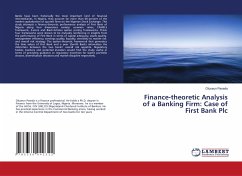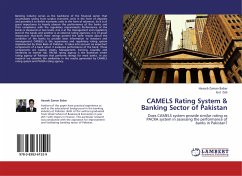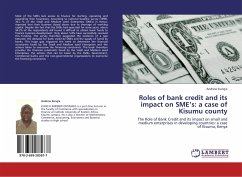Banks have been historically the most important kind of financial intermediaries. In Nigeria, they account for more than 60 percent of the market capitalization of quoted firms on the Nigerian Stock Exchange. This study attempts a finance-theoretic performance analysis of First Bank of Nigeria along four dimensions namely: common ratios, CAMELS framework, Z-score and Black-Scholes option pricing frameworks. These four frameworks were shown to be mutually reinforcing in insights from the performance of First Bank in terms of capital adequacy, assets quality, management efficiency, earnings quality, liquidity, sensitivity to market risk and overall risk strategy. The option-theoretic framework that generates the time values of First Bank and a peer (Zenith Bank) rationalizes the distinction between the two banks' overall risk appetite. Regulatory bodies, bankers and potential investors would find the study useful in terms of providing guidance or regulatory incentives for banks' portfolio choices, diversification decisions and market discipline respectively.
Bitte wählen Sie Ihr Anliegen aus.
Rechnungen
Retourenschein anfordern
Bestellstatus
Storno








